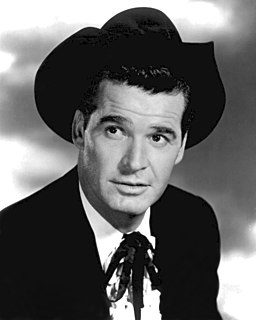A Quote by Jonathan Swift
Imaginary evils soon become real ones by indulging our reflections on them; as he who in a melancholy fancy sees something like a face on the wall or the wainscot can, by two or three touches with a lead pencil, make it look visible, and agreeing with what he fancied.
Related Quotes
Trees have about them something beautiful and attractive even to the fancy,
since they cannot change their places,
are witnesses of all the changes that take place around them;
and as some reach a great age, they become, as it were, historical monuments,
and like ourselves they have a life, growing and passing away,
--not being inanimate and unvarying like the fields and rivers.
One sees them passing through various stages,
and at last step by step approaching death,
which makes them look still more like ourselves.
Most of us have learned to be dispassionate about evil, to look it in the face and find, as often as not, our own grinning reflections with which we do not argue, but good is another matter. Few have stared at that long enough to accept that its face too is grotesque, that in us the good is something under construction. The modes of evil usually receive worthy expression. The modes of good have to be satisfied with a cliche or a smoothing down that will soften their real look.
The psychotic does not merely think he sees four blue bivalves with floppy wings wandering up the wall; he does see them. An hallucination is not, strictly speaking, manufactured in the brain; it is received by the brain, like any 'real' sense datum, and the patient act in response to this to-him-very-real perception of reality in as logical a way as we do to our sense data. In any way to suppose he only 'thinks he sees it' is to misunderstand totally the experience of psychosis.
You put on a face for the public. The face isn't false; it's just another side of you. If it were false, you couldn't last. People want something real and natural, and if they catch you acting, you're dead. It has to look real. In order to look real, it has to be real, and I've always thought of the characters I've played as real people.
The death agony of the barricade was about to begin.For, since the preceding evening, the two rows of houses in the Rue de la Chanvrerie had become two walls; ferocious walls, doors closed, windows closed, shutters closed. A house is an escarpment, a door is a refusal, a facade is a wall. This wall hears, sees and will not. It might open and save you. No. This wall is a judge. It gazes at you and condemns you. What dismal things are closed houses.
I try to influence this improvisation in two ways. One is by centering on reflections, in both senses of the word: acoustic reflections as well as visual reflections from a mirror or surface, and then reflecting on the material in a contemplative way. The other influence is listening to the tails of the sounds that you make.
Our courage is greater to dare a visible than an imagined danger. A visible danger rouses our energies to meet or avert it; a fancied peril appalls from its presenting nothing to be resisted. Thus, a panic is, usually, a sudden going over to the enemy of our imagination. All is then lost, for we have not only to fight against that enemy, but our imagination as well.





































